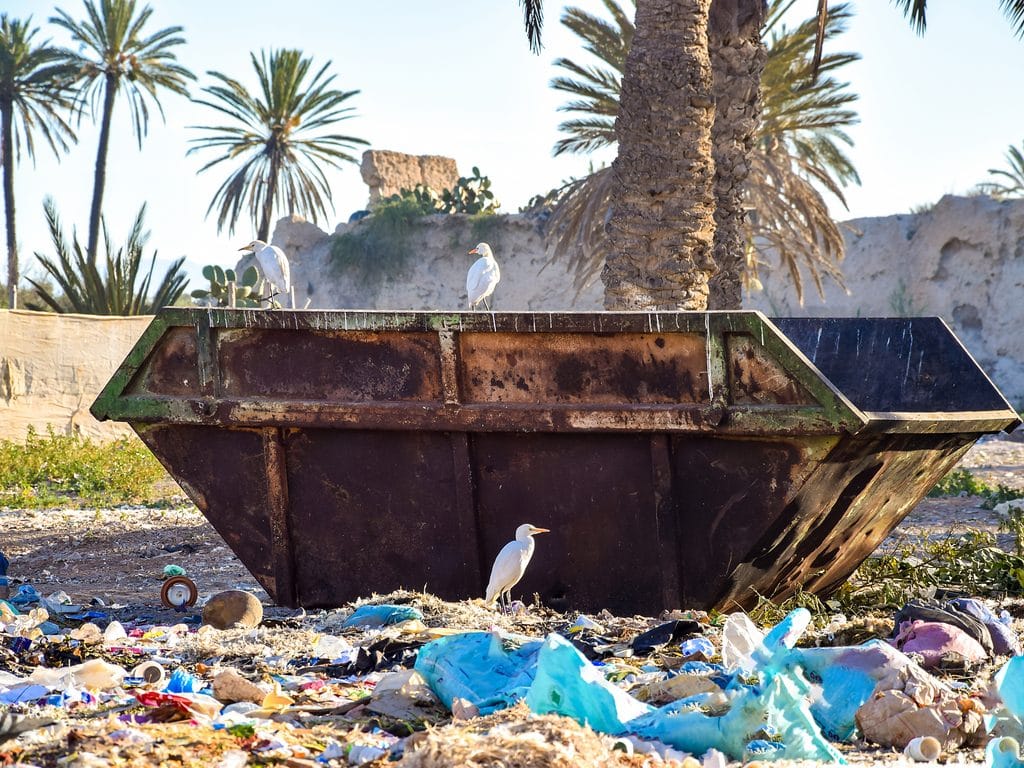In a few months’ time, West African States will submit a sustainable waste management project to the Global Environment Facility (GEF). The implementation of this project will mainly help to fight against insalubrious conditions in West Africa. Regional institutions, technical and financial partners, private sector operators and members of civil society took part in the validation workshop of this project, which took place on February 14, 2019 in Cotonou. The project will benefit six countries of the West African Economic and Monetary Union, including Benin, Niger, Senegal, Togo, Mali and Burkina Faso.
The overall cost of the project is estimated at $94.35 million. GEF has pledged $17.35 million and the countries of the sub-region will have to mobilise $12 million. The remaining $65 million will be provided by the West African Development Bank and its partners. On the ground, the programme will support the establishment of effective standards to encourage better waste management and the implementation of new waste management techniques. The collected waste will be recycled to produce electricity and gas. In other words, it is all about giving waste a second life and putting it at the service of West African communities. A strategy that will reduce the amount of greenhouse gases emitted in this part of the African continent.
Waste management is an issue that remains relevant in West Africa. In countries such as Senegal, waste production is estimated at 190 kg per year per capita. Most of this waste is abandoned or burned, resulting in considerable land, air and ocean pollution. The Mbeubeuss landfill (Dakar), for example, which covered 12 hectares in 2002, reached 115 hectares in 2016. In Cotonou, the city produces an average of 700 tonnes of waste per day. These figures clearly show the urgent need for better waste management, which becomes a danger to the health and the environment when inappropriately disposed of.
Luchelle Feukeng
